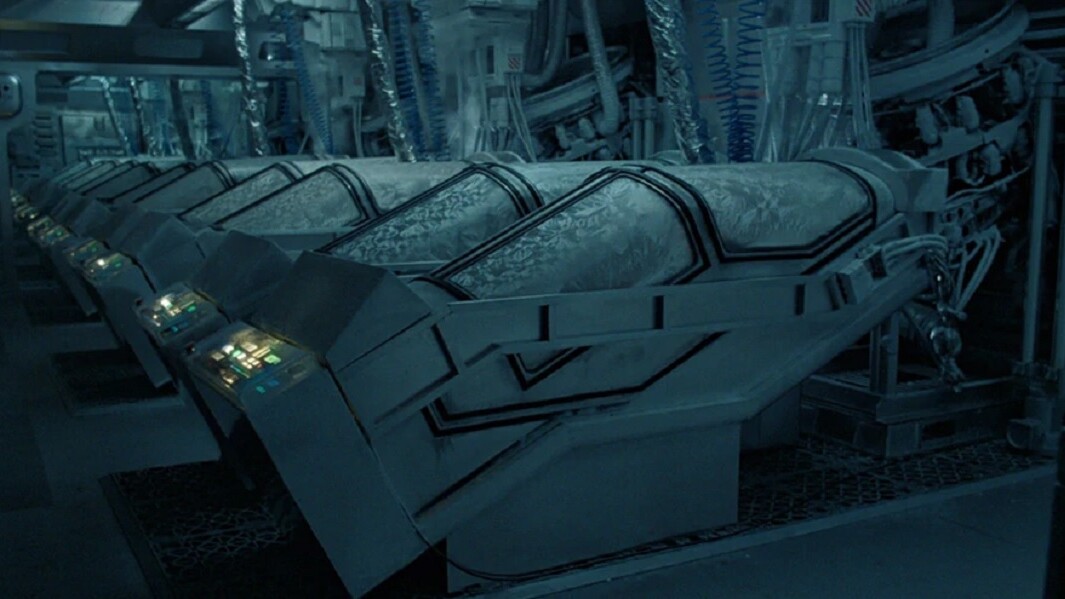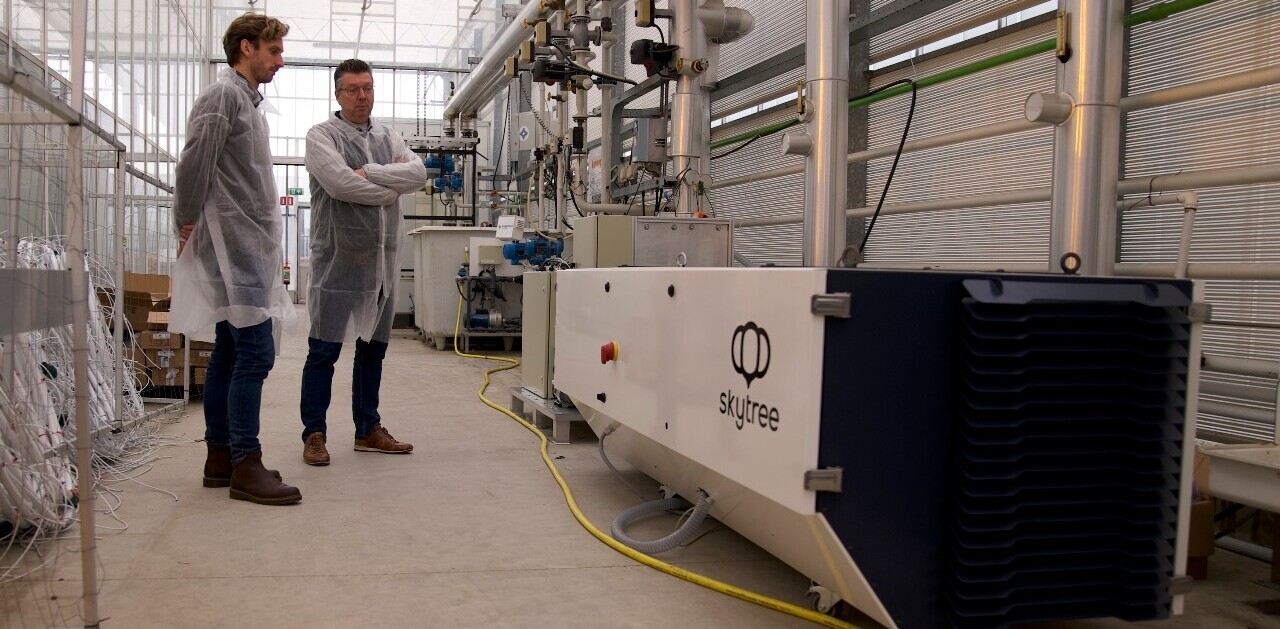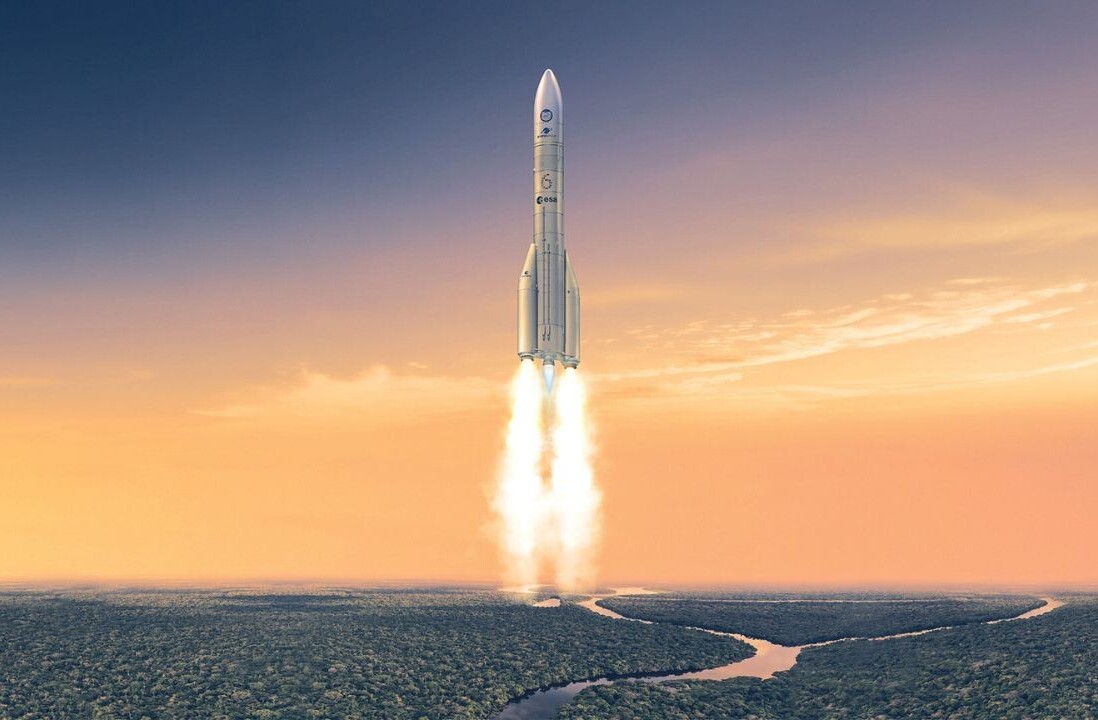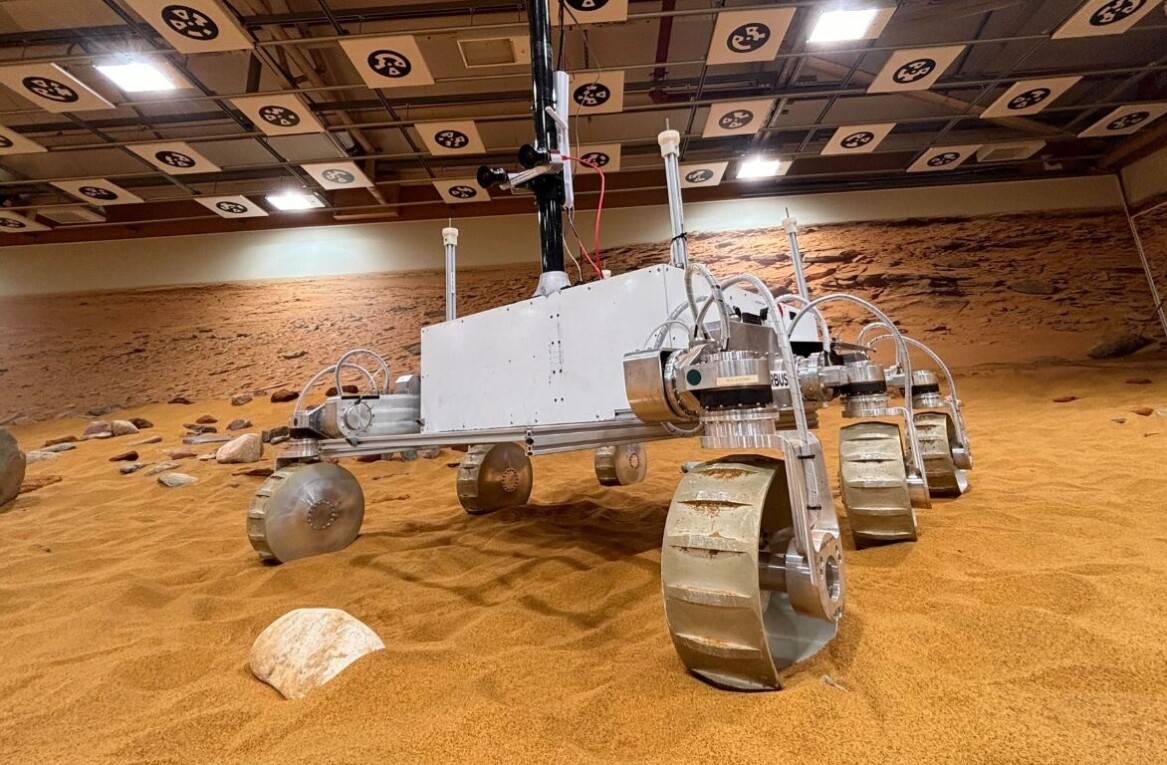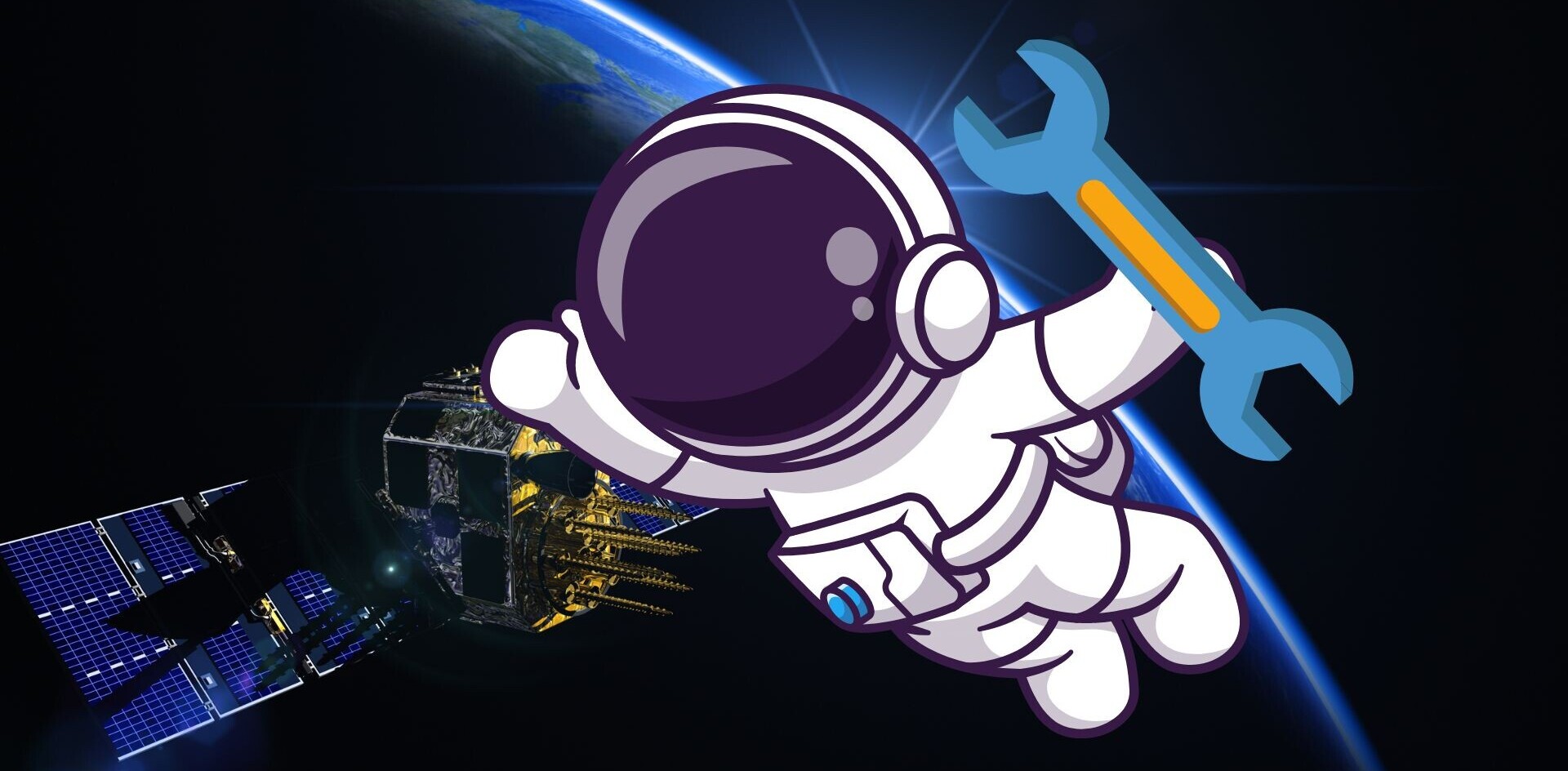The European Space Agency is currently exploring human hibernation as a means of addressing the problem of sending humans into deep space. A recent study conducted by the agency determined that putting people to sleep for long voyages would save money, provide health benefits, and allow for more efficient space ship designs.
It’ll take about seven months, under the right conditions, for humans to get to Mars. Elon Musk has a plan to get us there, NASA’s all in, and the ESA is exploring its options. There’s just one big problem: it might be a suicide mission.
There’s a bunch of reasons why the trip to Mars could be deadly for humans, not the least of which are harmful space radiation, space psychosis, and space atrophy. But, according to the results of the ESA’s study, these problems could be mitigated if people were placed into a state of hibernation.
Per an article from the ESA (on Phys Org):
We looked at how an astronaut team could be best put into hibernation, what to do in case of emergencies, how to handle human safety and even what impact hibernation would have on the psychology of the team. Finally we created an initial sketch of the habitat architecture and created a roadmap to achieve a validated approach to hibernate humans to Mars within 20 years.

Human hibernation is more than just science fiction. It’s a problem scientists from various fields and disciplines are working on because it has huge potential benefit for humankind. Research indicates that inducing such a lowered metabolic state could slow disease and provide restorative benefits. There’s also evidence to suggest that the body would be more resistant to the harmful effects of radiation in such a state.
Toss in the fact that hibernating people don’t need entertainment or exercise – in nature, animals don’t suffer negative physical side effects such as muscle atrophy during their hibernation — and hibernation seems like a great option. Furthermore, assuming that remaining in a restful state for long periods of time doesn’t have a negative effect on our mental health, there shouldn’t be any concerns over isolation or space psychosis.
Of course, all of this is purely speculative given the fact that humans don’t currently hibernate. Growing interest in the field has resulted in some incredible research over the past few years, but we’re still nowhere close to the kind of results that would translate into something useful for astronauts.
For more information on human hibernation check out Shelly Fan’s article on Singularity Hub, and this presentation from NASA.
Get the TNW newsletter
Get the most important tech news in your inbox each week.
